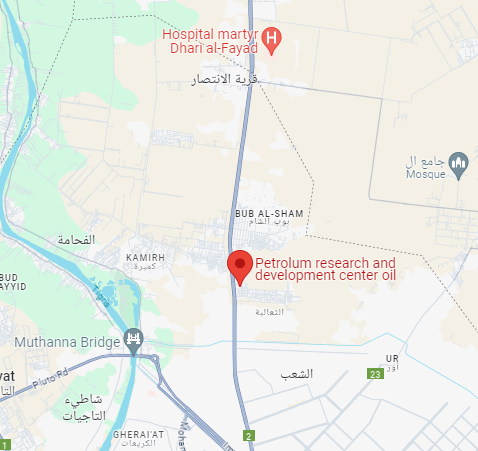Fiscal Regime in Petroleum Licensed Contracts
DOI:
https://doi.org/10.52716/jprs.v13i2.644Keywords:
oil contracts, fiscal regime, Iraq oil contracts, taxes.Abstract
Fiscal regimes in petroleum licensed contracts are defined as the tools through which the return on oil wealth fellow into the state treasury, it includes several forms according to the type of contract, so, the most common fiscal tools are: royalty, taxes, profit oil or rents.
This work makes a comparison between the fiscal regimes in common types of petroleum investment agreements and the difference between them according to the state share and contractor share.
The main types of these regimes are concessionary and contractual agreements and the last include two types: production sharing and service agreements. However, Algerian, Syrian, Iranian & Iraq will be examined as example for each type respectively,
The study relies on a comparison between the items of the fiscal regime and the tools through which resource revenues flow to the public treasury as well as the share of the contractor or the company that holds the concession.
Therefore, a model of fiscal regimes has been conducted for the above contracts to show the difference between the fiscal flows of each country according to the type of contract and the fiscal tools in it as royalty, taxes and others.
The study demonstrated that the contracts vary in revenue ratios depending on the sale price of oil and the cost of extraction.
Finally, we can clearly infer that the share of both the company and the state is affected by the above circumstances in a high or slight sensitivity, There is no particular type can be considered the best, as preference depends on the special circumstances of countries, for example, the Iraqi situation is difficult to use concession contracts for several considerations, including constitutional, where the Constitution of the Republic of Iraq specified the ownership of the people's oil wealth and this property cannot be relinquished to the investing companies and so on the rest of the countries, but it can be hybridized between some systems to obtain financial instruments that achieve the best choice for the parties (state and IOCs).
References
Kenanah Shereih, “Economics modeling for petroleum exploration and production projects considering risk and imprecise data, Technische Universitaet Berlin (Germany) ProQuest Dissertations Publishing, 2016. DOI:10.14279/depositonce-4983
Karwan Dhahir Saber, Kurdistan’s Politics Issues Regarding Production Sharing Contract with Iraqi Central Government and Analyses Whether This Contract Best Suits Kurdistan or Iraq as Whole, International Conference on Accounting, Business, Economics and Politics, 2018. Doi:10.23918/icabep2018p3.
A. Al-Attar, and O. Alomair, “Evaluation of Upstream Petroleum Agreements and Exploration and Production costs”, OPEC Review, vol. 29, no. 4, pp. 243-266, 2005. https://doi.org/10.1111/j.1468-0076.2005.00154.x
Sani Saidu, Hamidu Abubakar Sadiq, “Production Sharing or Joint Venturing: What Is the Optimum Petroleum Contractual Arrangement for the Exploitation of Nigeria Oil and Gas?”, Journal of Business and Management Sciences, Vol. 2, No. 2, pp. 35-44, 2014. DOI:10.12691/jbms-2-2-2
Carole Nakhle, “Petroleum Taxation, Sharing the Oil Wealth: A Study of Petroleum Taxation Yesterday, Today and Tomorrow”, 2008.
Mark J. Kaiser, and Allan G. Pulsipher, "Fiscal system analysis: Concessionary and contractual systems used in offshore petroleum arrangements." US Department of the Interior, Minerals Management Service, Gulf of Mexico OCS Region, New Orleans, La. OCS Study MMS 16 (2004): 78.
Downloads
Published
How to Cite
Issue
Section
License
Copyright (c) 2023 Hashim J. Mohammed

This work is licensed under a Creative Commons Attribution 4.0 International License.














